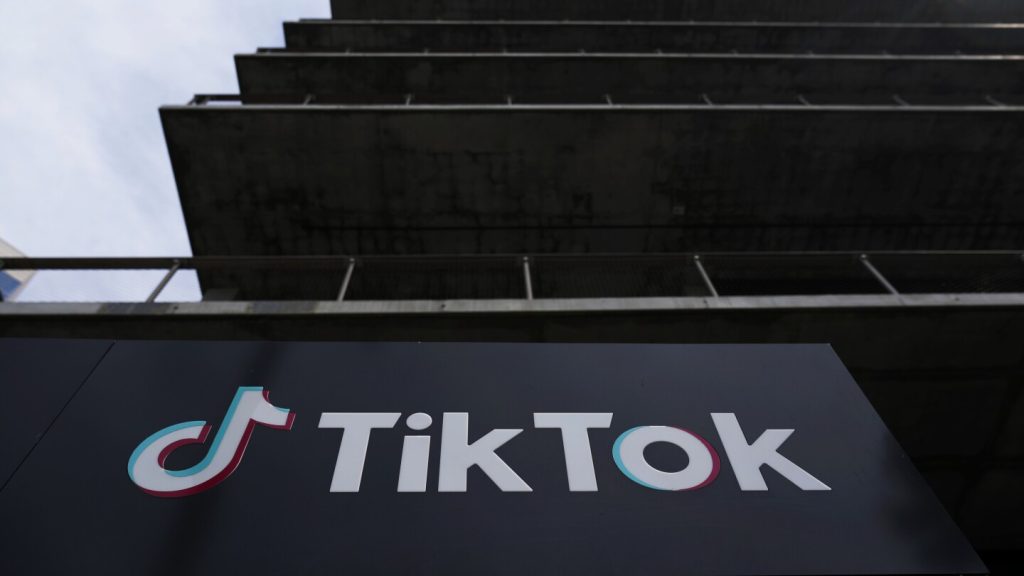The Supreme Court received requests from President-elect Donald Trump and the Biden administration regarding the potential ban of TikTok. Trump asked the court to pause the ban until a “political resolution” can be pursued, while the Biden administration emphasized the national security risk associated with the app. Trump’s amicus brief supported neither party and requested a stay on the Act’s deadline for TikTok to divest from its China-based parent company by January 19, 2025.
Trump has been involving himself in national issues even before taking office, negotiating tariffs and intervening in government funding plans. He has met with foreign leaders and business officials at his Mar-a-Lago club, including holding a meeting with TikTok CEO Shou Chew. Despite previously trying to ban TikTok over national security concerns, Trump reversed his stance during his 2024 campaign when he used the app to connect with younger voters, particularly male voters.
The legal battle surrounding TikTok involves a law signed by President Joe Biden in April, which requires the platform to divest from its Chinese parent company or face a ban. TikTok and ByteDance challenged the law, leading to a unanimous decision by a federal appeals court upholding the statute. Trump’s brief to the Supreme Court expressed his opposition to banning TikTok and his desire to address the issue through political means once he takes office.
The Biden administration has argued in court that TikTok poses a national security risk due to its Chinese connections, even though there is no evidence of China trying to control the platform. The administration cited potential future risks due to TikTok’s integration with ByteDance and its proprietary engine developed in China. The legal filings from both the Biden administration and TikTok’s attorneys addressed the concerns surrounding China’s influence over TikTok’s operations in the U.S.
The Supreme Court is scheduled to hear oral arguments on January 10 regarding whether the law restricting TikTok’s operations infringes on the First Amendment. Trump’s involvement in the TikTok issue adds another layer to the ongoing legal battle, with both sides presenting their arguments to the highest court in the country. The outcome of this case will have significant implications for the future of TikTok and its operations within the United States.


